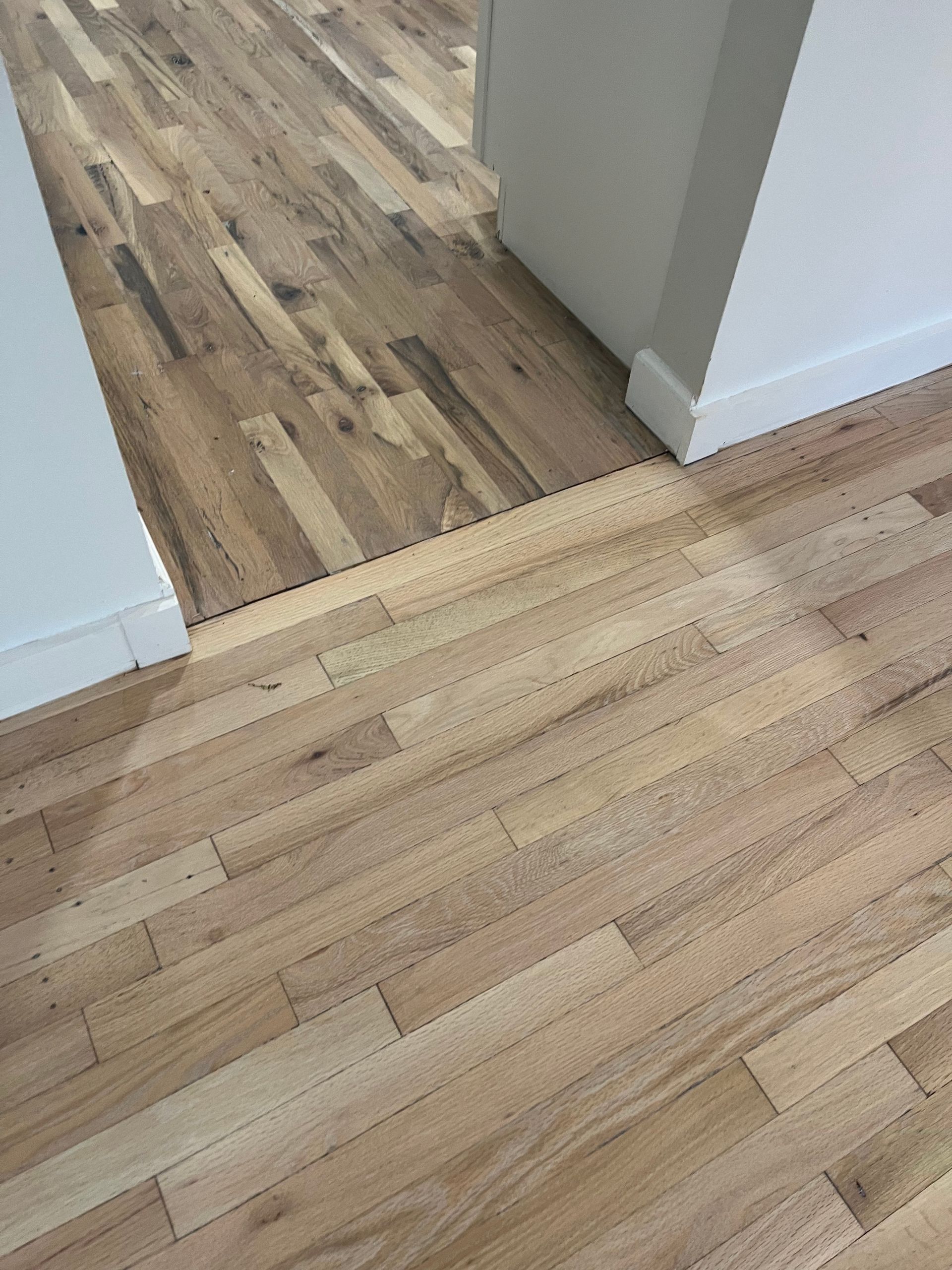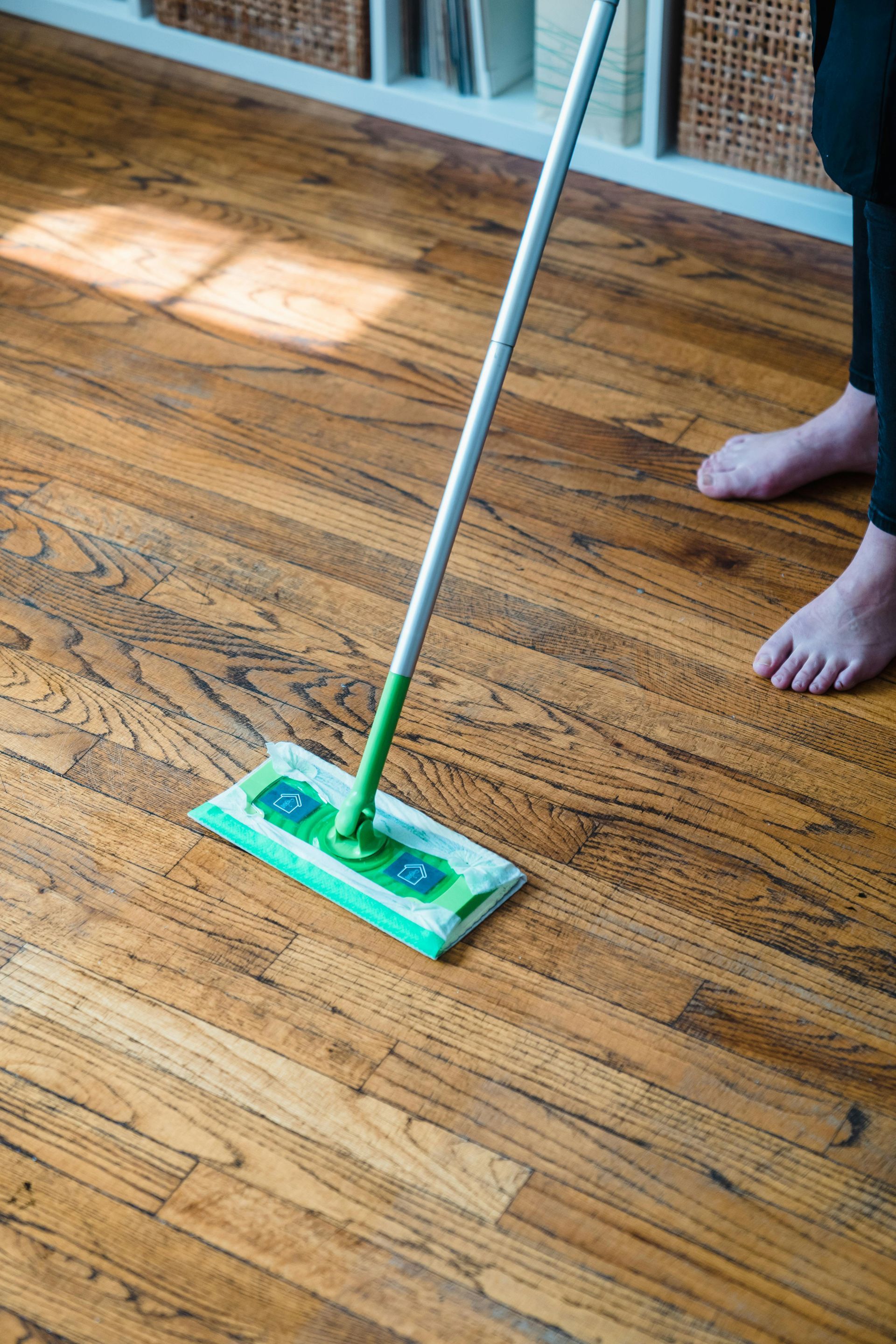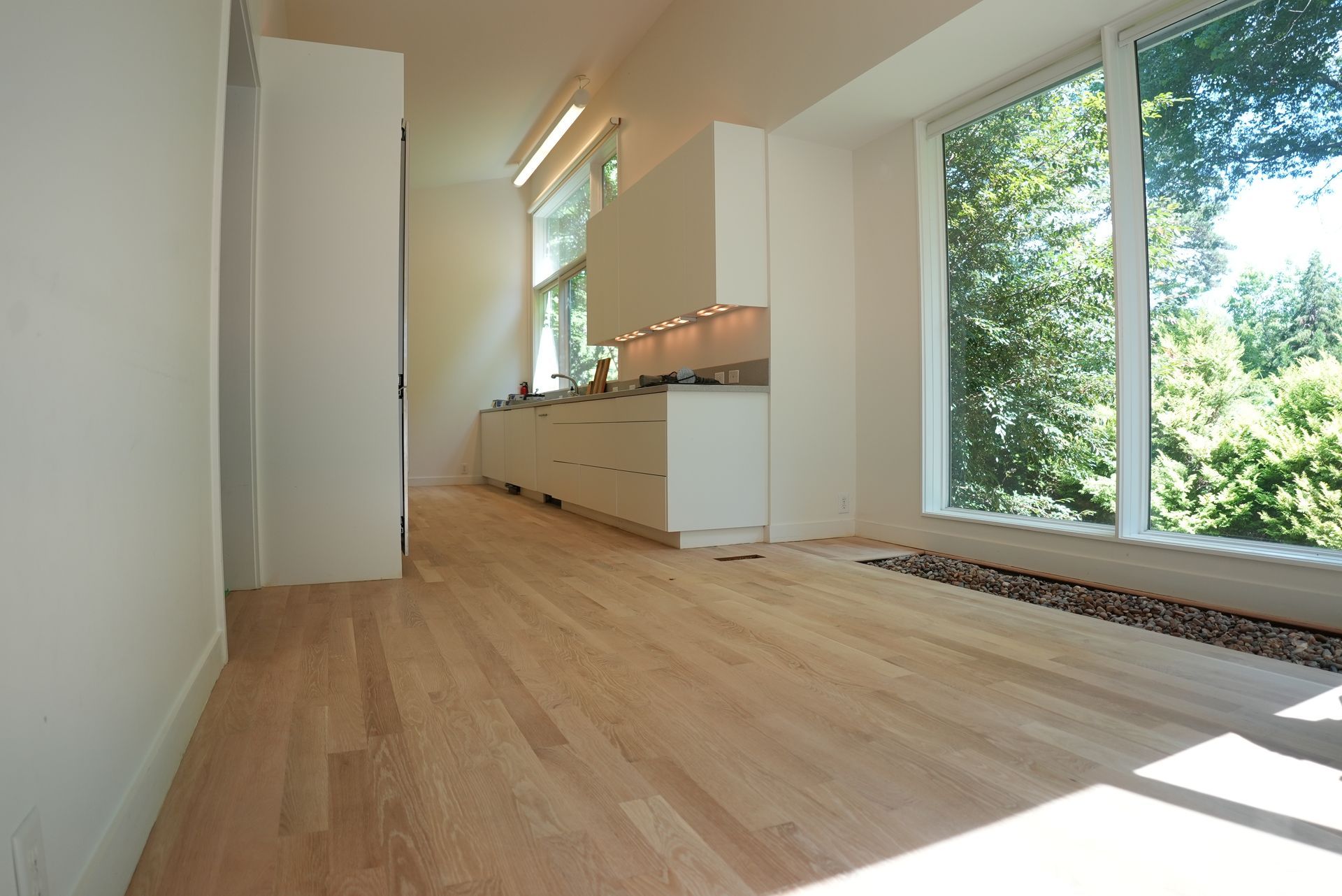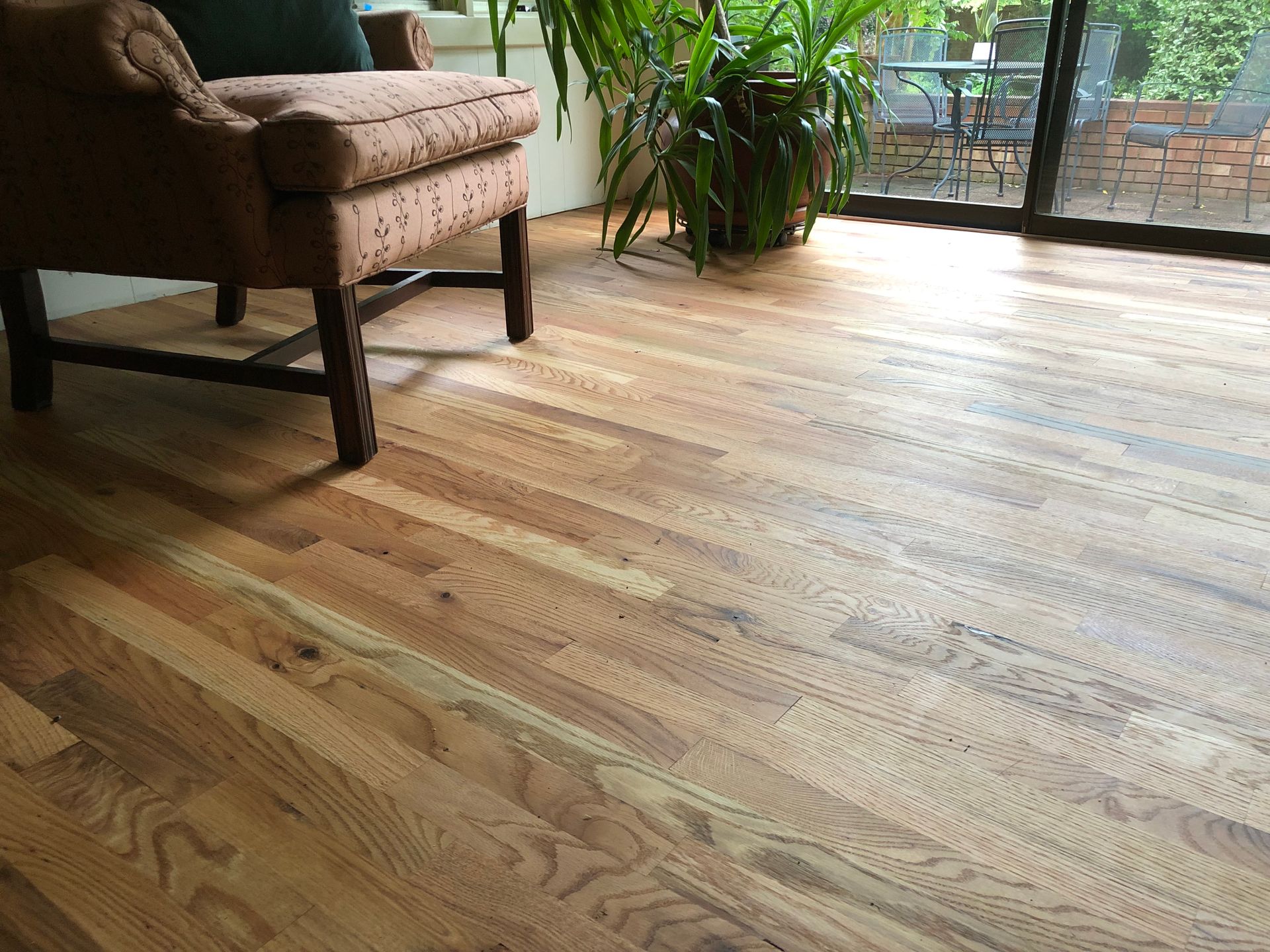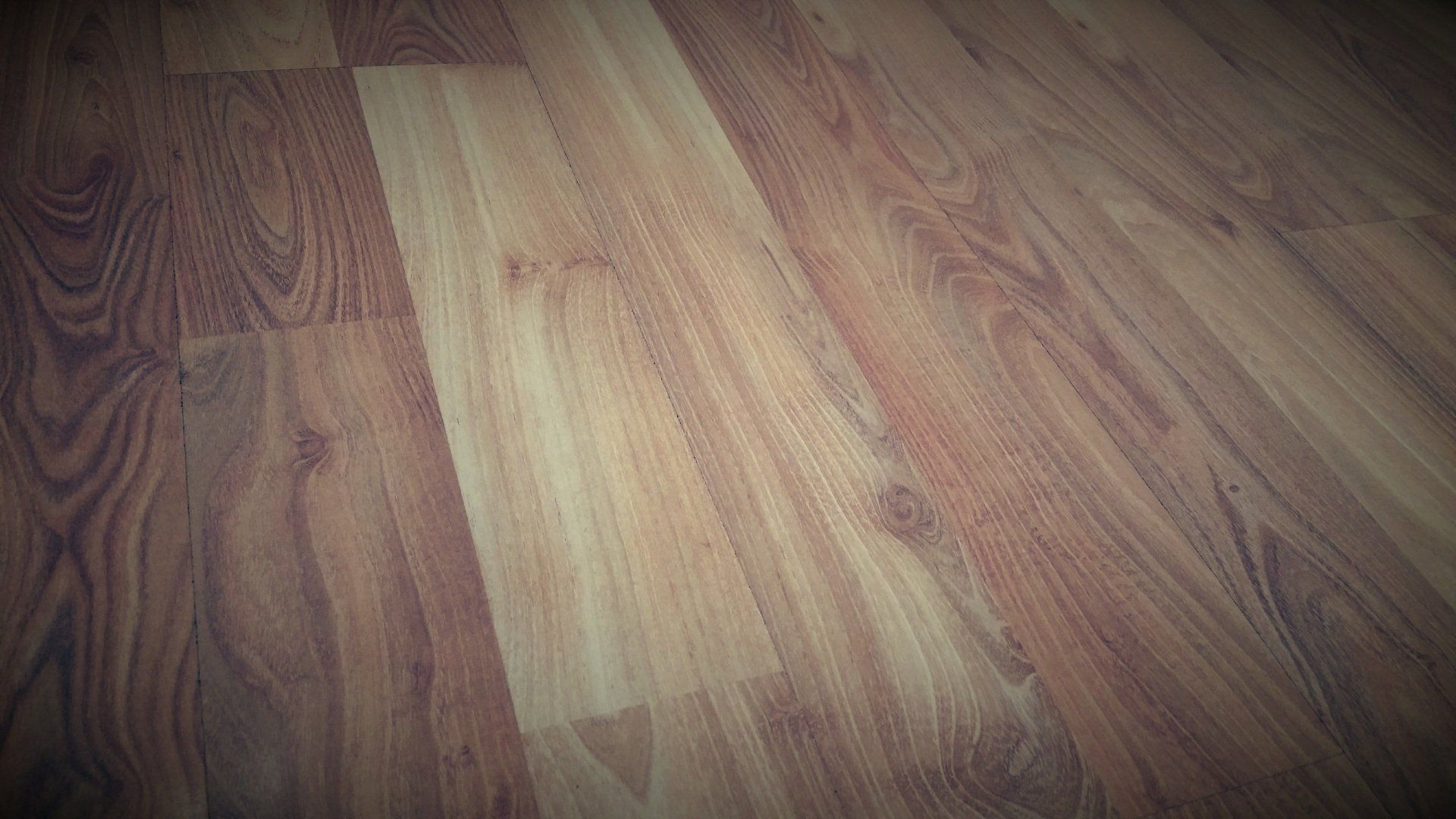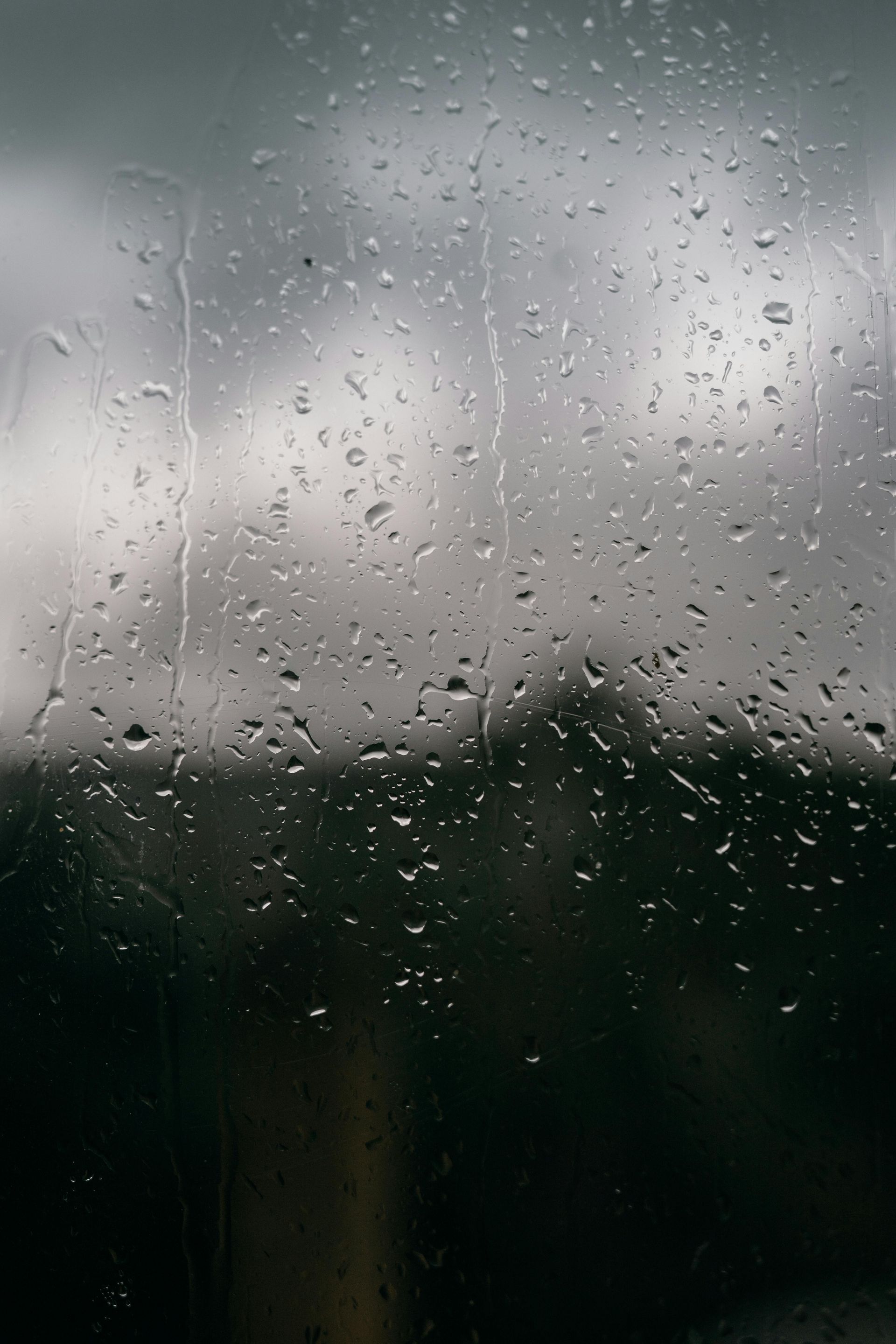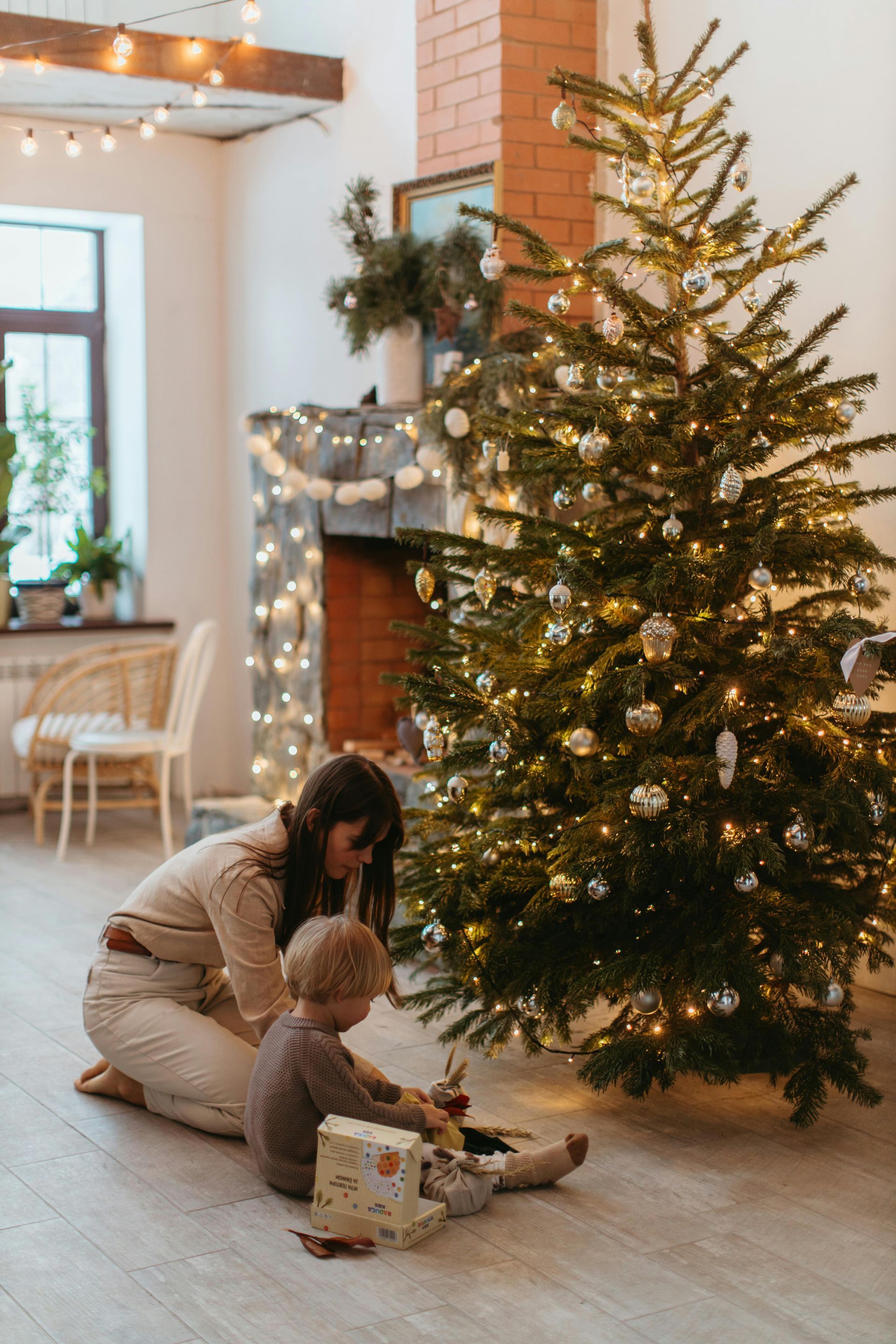Hardwood Floor Maintenance After Sanding and Refinishing
Maintaining their beauty requires diligence and care.
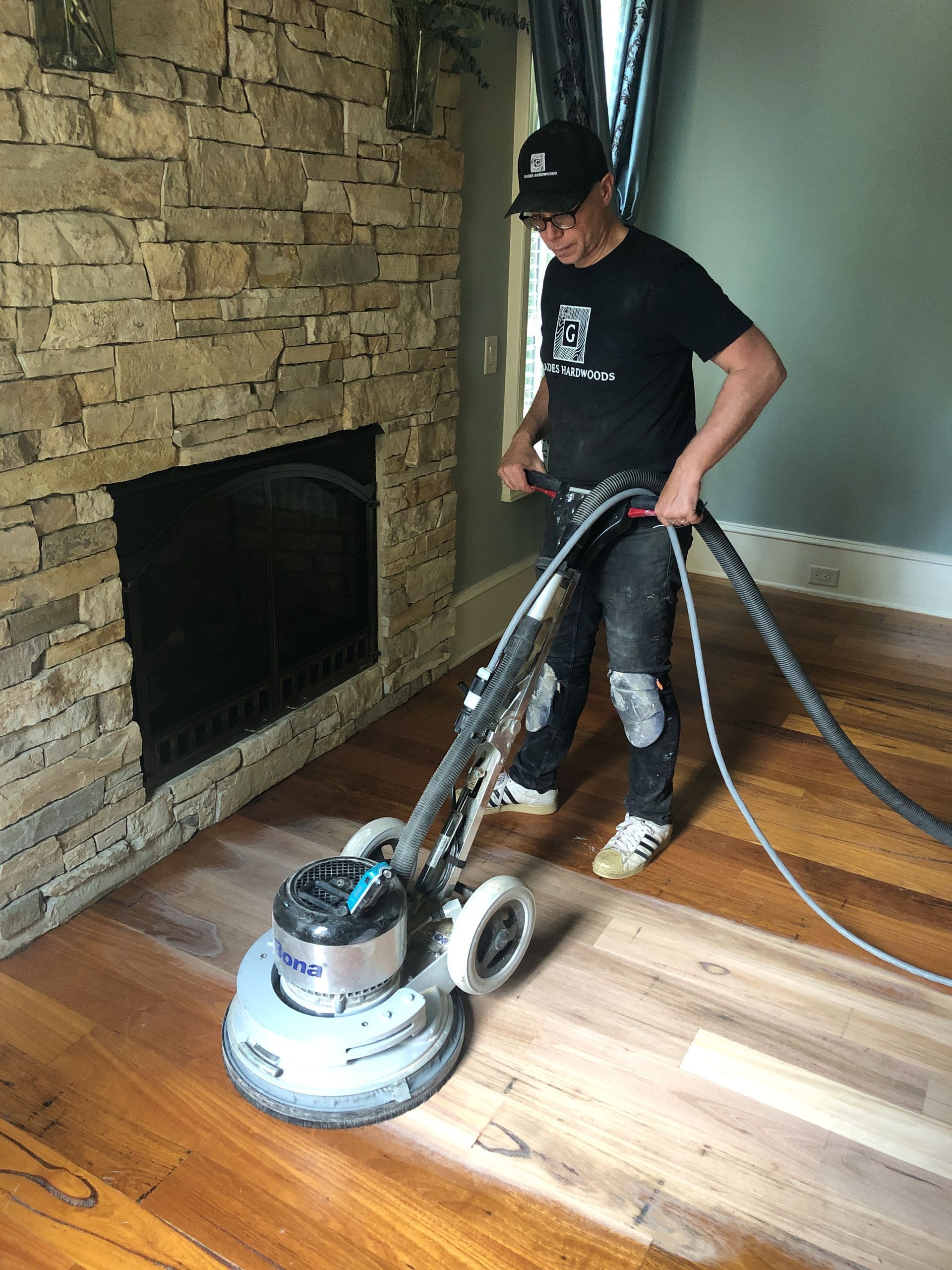
Hardwood Floor Maintenance After Sanding and Refinishing
Refinishing hardwood floors is a transformative process that breathes new life into your living space. After the sanding and refinishing are complete, your hardwood floors look pristine, smooth, and vibrant. However, maintaining their beauty requires diligence and care. In this guide, we will explore the essential steps and tips for maintaining hardwood floors after refinishing, ensuring they remain in top condition for years to come.
Why Maintenance Matters
Proper maintenance extends the lifespan of your hardwood floor refinish, saving you from costly repairs or another round of refinishing too soon. Freshly refinished floors are more susceptible to scratches, moisture, and wear during the curing process, so early care is especially important.
Immediate Post-Refinishing Care
Allow Proper Curing Time
Freshly refinished hardwood floors need time to cure fully. While the surface may be dry to the touch within 24 to 48 hours, the finish can take up to 30 days to cure completely. During this time:
- Limit Traffic: Avoid heavy foot traffic for the first week. Use socks or soft slippers when walking on the floors.
- Delay Furniture Placement: Wait at least 7 to 10 days before placing furniture back. When doing so, lift and set furniture gently rather than dragging it.
- Avoid Rugs: Keep rugs and mats off the floor for at least 30 days to prevent trapping moisture and disrupting the curing process.
Clean with Care
Right after refinishing, avoid aggressive cleaning. Dust or vacuum the floor gently using a soft-bristle attachment to remove debris without scratching the surface.
Long-Term Maintenance Tips
Establish a Cleaning Routine
Regular cleaning is crucial to keep your hardwood floors looking their best. Follow these steps:
- Sweep or Dust Daily: Use a microfiber dust mop to pick up dirt and grit that can scratch the finish.
- Vacuum Weekly: Opt for a vacuum with a hardwood floor attachment to avoid scuff marks.
- Damp Mop Sparingly: Use a slightly damp mop with a hardwood-safe cleaner. Avoid soaking the floor as excess moisture can damage the wood.
Use Protective Measures
Protect your refinished floors from common threats like scratches, dents, and stains:
- Furniture Pads: Attach felt pads to the bottom of all furniture legs to prevent scratches.
- Rugs and Mats: Place rugs in high-traffic areas and mats at entrances to catch dirt and debris.
- Shoes Off Policy: Encourage family and guests to remove shoes, especially high heels, which can dent the wood.
Monitor Humidity Levels
Wood floors are sensitive to changes in humidity, which can cause expansion or contraction. Maintain indoor humidity levels between 30-50%:
- Use a Humidifier: In winter, add moisture to the air to prevent gaps and cracks.
- Use a Dehumidifier: In summer, reduce excess moisture to prevent warping.
- Invest in a Hygrometer: Monitor humidity levels regularly to ensure they stay within the ideal range.
Handling Spills and Stains
Act Quickly
Promptly cleaning spills prevents stains and water damage. Follow these steps:
- Blot, Don’t Wipe: Use a soft, dry cloth to blot the spill, preventing it from spreading.
- Use Gentle Cleaners: Apply a hardwood floor cleaner if needed, avoiding harsh chemicals that can strip the finish.
Address Tough Stains
For more stubborn stains:
- Oil-Based Stains: Use a soft cloth with a dab of mineral spirits to gently clean the area.
- Water Stains: Sand lightly with fine-grit sandpaper and apply a small amount of matching wood stain and finish.
Preventative Maintenance
Regular Inspections
Check your floors periodically for signs of wear or damage:
- Scratches: Use a touch-up kit for minor scratches.
- Dull Areas: Buff and reapply polish to restore shine.
Recoat When Needed
Over time, even well-maintained floors will show signs of wear. A maintenance coat every 3-5 years can prolong the life of your refinished floors:
- Screen and Recoat: This involves lightly sanding the surface and applying a fresh coat of finish.
- Professional Help: Hire a professional to ensure an even and effective application.
Avoid Common Pitfalls
- No Wet Mopping: Excess water can seep into seams and damage the wood.
- Avoid Steam Cleaners: The heat and moisture from steam cleaners can compromise the finish.
- Beware of Harsh Chemicals: Cleaners with ammonia, bleach, or abrasives can dull the finish.
Seasonal Maintenance
Winter Care
- Combat Salt and Grit: Place mats at entrances and clean them regularly to avoid salt scratches.
- Control Dryness: Use a humidifier to counteract dry indoor air from heating systems.
Summer Care
- Reduce Moisture: Use a dehumidifier to manage high humidity levels.
- Protect from Sunlight: Close curtains or blinds to prevent UV damage and fading.
Enhancing Longevity
Professional Deep Cleaning
Schedule professional hardwood floor cleaning once or twice a year to remove embedded dirt and rejuvenate the finish.
Refinishing When Necessary
Eventually, even the best-maintained floors will need a fresh refinishing:
- Signs It’s Time: Extensive scratches, dullness, or exposed wood indicate the need for refinishing.
- Hire Experts: Trust professionals to handle the sanding and refinishing process to avoid mistakes and achieve optimal results.
Conclusion
Proper maintenance after sanding and refinishing your hardwood floors is essential to preserve their beauty and durability. By following these guidelines, you can protect your investment and enjoy stunning hardwood floors for decades. Whether it’s daily cleaning, preventative measures, or occasional professional care, consistent attention ensures that your refinished floors remain a timeless feature of your home.

